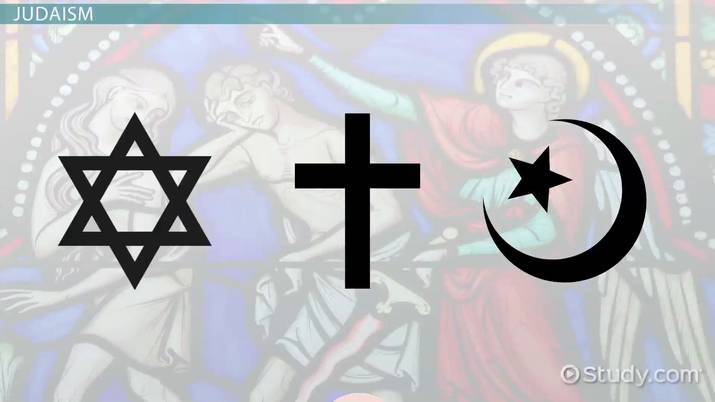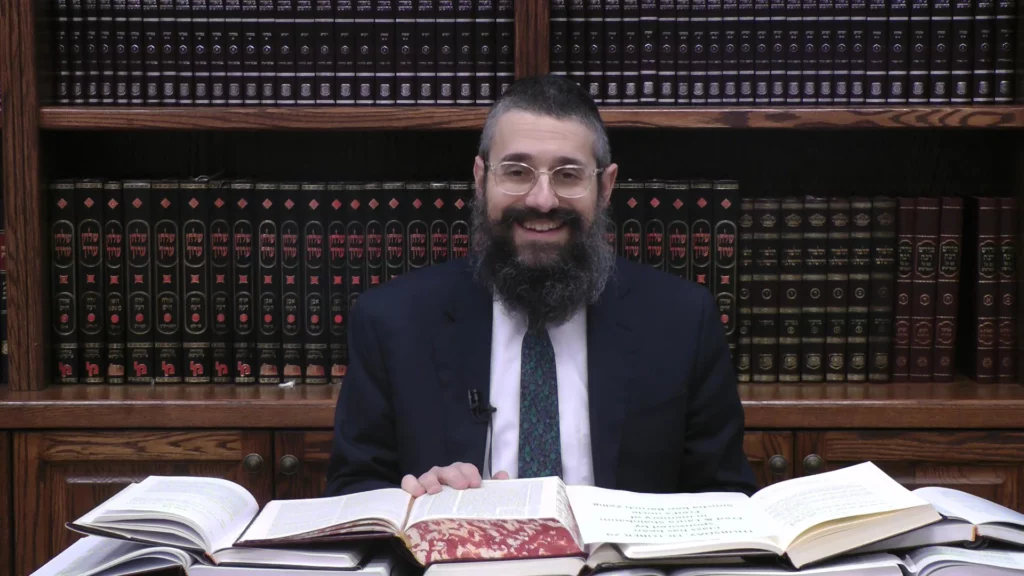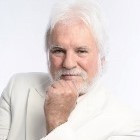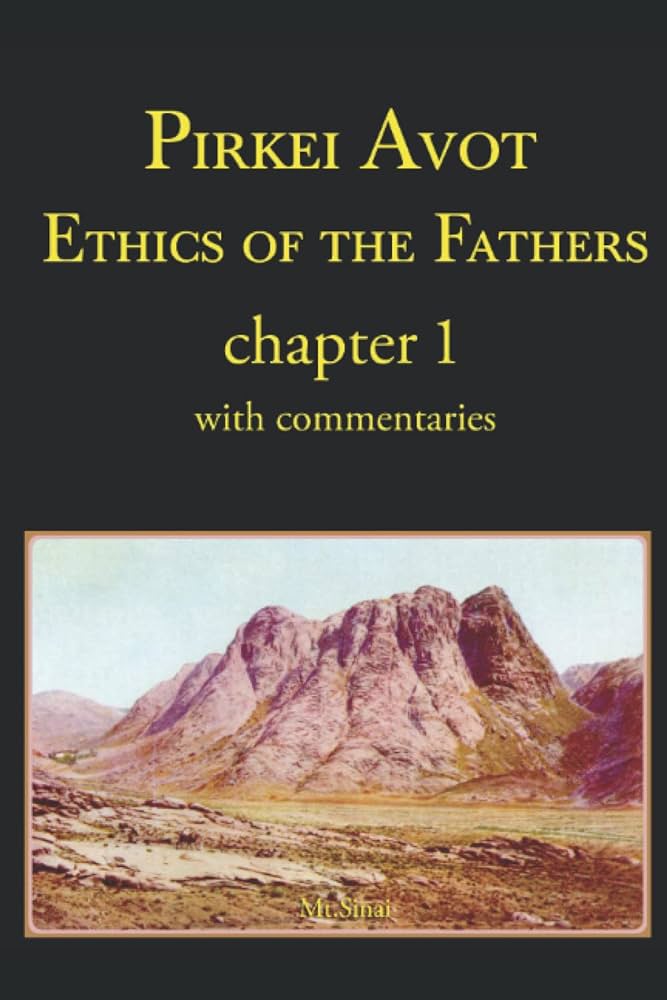Enter by the Narrow Gate | Instruction From Ancient Wisdom
The phrase “Enter by the narrow gate” is a verse from the Christian Bible, specifically Matthew 7:13-14. It is a concept that speaks to salvation. Webster’s Dictionary defines salvation as: preservation or deliverance from harm, ruin, or loss. Would we not profit by paying closer attention to this instruction from ancient wisdom?
An ‘anything goes’ attitude is not the path that leads to good physical, mental, emotional and spiritual health. At BetterHealthBetterYou, we believe that health in all areas, physical, mental, emotional, flows from the cultivation of a healthy spirit. If this approach resonates with you please stay with me for a few moments.
The question then becomes ‘how does one cultivate a healthy spirit?’ That is where the notion of the narrow gate comes in. In today’s world, you must be mindful of what you think about, what you say, what you watch on the television, in short, what you dwell upon.
What you allow in will ultimately be reflected on what you project on to the outside. We can all agree, for example, that watching TV shows or movies that excessively and graphically portray violence is probably not conducive to a healthy spirit.
That is why another passage from scripture is advice that is important but, all too often, ignored. “ Finally, brethren, whatsoever things are true, whatsoever things are honest, whatsoever things are just, whatsoever things are pure, whatsoever things are lovely, whatsoever things are of good report; if there be any virtue, and if there be any praise, think on these things.”
In short, become conscious of what you allow in! Guard your mind against negative influences. Here’s a link to a post I did on the wisdom of eliminating negative influences.
What do other traditions say about the idea of the narrow gate?
I wondered whether a broader understanding of ancient wisdom could clarify the steps necessary on the quest for a healthy spirit. Has there been agreement throughout the ages that the ‘narrow gate’ is the path that leads to wellness? I began my research with an examination of similar passages from the Talmud and Qu’ran.

Pirkei Avot, a tractate of the Mishnah,
While the Talmud does not specifically address the notion of the ‘narrow gate‘, the Talmud does contain several passages that encourage people to follow the right path and avoid the wrong one. For example, Pirkei Avot, a tractate of the Mishnah, contains several teachings that urge people to follow the right path and avoid the wrong one .
For example, it says: “Who is wise? He who learns from every person. Who is strong? He who subdues his evil inclination. Who is rich? He who is happy with his lot. Who is honored? He who honors others.”
Notice that the passage makes reference to ‘who is wise’. The answer? ‘He who subdues his evil inclination’. In other words, do not allow the evil inclination. Is this not equivalent to saying ‘enter by the narrow gate’? “Who is rich? He who is happy with his lot.” Is this not a reference to the critical role gratitude plays in the spirit of one who seeks wellness?
These teachings show that the right path is not only about following the laws of God, but also about developing good character traits and treating others with respect and kindness in the here and now. They also imply that the wrong path is not only about breaking the laws of God, but also about being arrogant, greedy, selfish and cruel. By elaborating on these teachings, Pirkei Avot helps us to understand what it means to be a good person.
Avoiding the temptation to descend into arrogance, greed, selfishness and cruelty is the path where wellness can flourish? Would anyone disagree? Would we all agree, on the other hand, that being a good person is someone who is on the path to overall wellness?
What is Pirkei Avot and why is it important?
Pirkei Avot (literally “Chapters of the Fathers,” also known as “Ethics of our Fathers”) is a tractate of the Mishnah, a central text of Rabbinic Judaism. It is the only tractate of the Mishnah that is not halakhic (legal) in nature, but rather focuses on ethical and moral principles. The name “Pirkei Avot” is a reference to the Avot, the “fathers” or “patriarchs” of the Jewish people.
Pirkei Avot consists of six chapters, each containing statements of wisdom and advice from various rabbis, sages and prophets. The first chapter traces the transmission of the Oral Torah from Moses at Mount Sinai to the Great Assembly, the early generations of sages. The next four chapters contain sayings of rabbis from different periods, mostly in chronological order. The last chapter, which was added later, deals with the merits of Torah study and other virtues.
Pirkei Avot is important because it provides a glimpse into the ethical and spiritual values of the Jewish tradition. It teaches us how to live a life of piety, humility, justice, kindness and peace. It also inspires us to seek wisdom and knowledge, to honor our teachers and elders, and to love God and humanity. Pirkei Avot is often read and studied during the period between Passover and Shavuot, when we prepare ourselves to receive the Torah anew.
Pirkei Avot is a treasure of Jewish wisdom that can enrich our lives and guide our actions. As Rabbi Tarfon said in Pirkei Avot 2:16: “The day is short, the work is much, the workers are lazy, the reward is great, and the Master is pressing.”
The Talmudic tractate of Berakhot

In a very similar way, the Talmudic tractate of Berakhot contains several teachings that, once again, encourage people to follow the right path and avoid the wrong one. Notice as you read, in particular, the references to the rules of prayers and blessings for various circumstances.
Reference to blessings, is this not teaching aimed at fostering a spirit of gratitude? In particular, notice that in the Amidah, the central prayer of each service, the blessings are recited for the enjoyment of food, drinks and fragrances and on significant occasions or circumstances.
The Talmudic tractate of Berakhot, which is the first tractate of Seder Zeraim (“Order of Seeds”) of the Mishnah and of the Talmud. The tractate discusses the rules of prayers, particularly the Shema and the Amidah, and, once again, blessings for various circumstances. A focus on blessings surely invokes a spirit of gratitude.
The Shema is a biblical commandment to affirm one’s acceptance of the “yoke of the kingship of Heaven” by declaring, “the Lord is One” (Deut. 6:4). The Amidah is the central prayer of each service, recited standing silently. The blessings are recited for the enjoyment of food, drinks and fragrances and on significant occasions or circumstances.
The tractate consists of nine chapters, each dealing with a different aspect of these topics. The first three chapters deal with the recital of the Shema, the next two with the recital of the Amidah, and the last four with the various blessings. The tractate also contains many stories and anecdotes that illustrate the teachings and personalities of the rabbis.
The laws detailed in this tractate have shaped the liturgies of all the Jewish communities since the later Talmudic period and continue to be observed by traditional Jewish communities until the present, with only minor variations, as expounded upon by subsequent Jewish legal codes.

The Qu’ran also contains several verses that encourage people to follow the right path and avoid the wrong one. For example, Surah Al-Fatihah, the first chapter of the Qu’ran, is a prayer that asks for guidance on the straight path . Similarly, Surah Al-Baqarah, the second chapter of the Qu’ran, contains several verses that urge people to follow the right path and avoid the wrong one .
The similarities in the teaching is easy to see. All traditions point us in the direction of the straight and narrow path. Why is this path the recommended one? It is the path that leads to receipt of God’s favor and blessing.
The Teachings of Buddhism
Buddhism is a religion that does not rely on a single scripture or authority, but rather on the teachings and practices of various traditions and schools. Therefore, there is no definitive answer to what Buddhism says, if anything, about the narrow gate from Matthew 7.
Matthew 7 is part of the Sermon on the Mount, where Jesus Christ teaches his followers about the way to enter the kingdom of heaven. In verses 13 and 14, he says: “Enter through the narrow gate; for the gate is wide and the way is broad that leads to destruction, and there are many who enter through it. For the gate is small and the way is narrow that leads to life, and there are few who find it.”
According to some Christian commentators, the narrow gate represents the way to eternal life, which is attainable by those who choose righteousness and seek God’s will . The wide gate represents the way to destruction, which is followed by those who reject God’s commands and live according to their own desires .
Buddhism does not have a concept of eternal life or destruction in the same sense as Christianity. Buddhism teaches that all beings are subject to the cycle of birth and death (samsara), which is driven by ignorance, craving and karma. The goal of Buddhism is to attain nirvana, which is the cessation of suffering and the liberation from samsara. Does this notion not sound a lot like the Christian notion of salvation which, remember, is preservation or deliverance from harm, ruin, or loss. To me, the only difference is the words employed. The concepts are virtually indistinguishable.

To achieve nirvana, Buddhists follow various paths that include ethical conduct, meditation and wisdom. These paths are often compared to rafts or vehicles that help one cross over the ocean of samsara. Different Buddhist traditions and schools may have different emphases and methods, but they all share the same goal of enlightenment.
Buddhism encourages each individual to find their own path to awakening, based on their own conditions and capacities. However, this does not mean that Buddhism is easy or tolerant of any kind of behavior. Buddhism also warns about the dangers of following wrong views, immoral actions and harmful influences that can lead to more suffering and confusion in samsara.
Again, notice the admonition to engage in ethical conduct and the warning of the dangers of following wrong views, immoral actions and harmful influences.
Taoism

According to Taoism, health and wellness are the result of living in harmony with the Tao, the source and pattern of all that exists. The Tao is not something that can be defined or grasped by the human mind, but rather an experience of flowing with the natural rhythms of the universe. To live the Taoist life is thus to accept personal responsibility for taking part in a universal healing, doing one’s full part to restore the health and wholeness of all individuals, as well as society and the natural cosmos.
Taoism holds together a lifestyle of practices that guide a person towards a long and healthy life. Some of these practices include:
Eating well: A Taoist diet is balanced, varied, and mindful of the changing needs of the body. It avoids junk food, refined sugars, and inhumane meat, and favors foods that contain antioxidants, such as green tea, bok choy, plums, cabbage, yogurt, and brown rice.
Being active: A Taoist lives each day fully and actively, engaging in physical exercises that promote flexibility, strength, and energy flow, such as Tai Chi, Qi Gong, and martial arts.
Meditating: A Taoist meditates to calm the mind, cultivate inner peace, and connect with the Tao. Meditation can take various forms, such as breathing exercises, visualization, chanting, or sitting in silence.
Cultivating virtues: A Taoist strives to develop qualities such as compassion, humility, generosity, kindness, and wisdom. These virtues help to balance the emotions, reduce stress, and foster harmony with others.
These are some of the ways that Taoism can help you achieve health and wellness. Of course, this is not a comprehensive or definitive list, but rather a brief introduction to some of the main aspects of this ancient and rich tradition. If you want to learn more about Taoism and its benefits for your well-being, you can check out some of the sources below:
: The Impact of Taoism on Health and Longevity – HealthGuidance.org
: Secrets of Taoism Longevity and Living a Long Healthy Life – Personal Tao
: Chinese Religion: Taoism | Oxford Textbook of Spirituality in Healthcare
Hinduism

Hinduism is a holistic tradition that views health and wellness as the balance of body, mind and soul. According to Hindu beliefs, health is influenced by karma, the law of cause and effect that determines one’s destiny in this and future lives.
Hinduism also advocates for a vegetarian diet, fasting, yoga and meditation as ways to purify and discipline oneself and to achieve harmony with the divine. Hinduism respects the diversity of individual practices and preferences, but also emphasizes the responsibility to honor the oneness of existence and the equal worth of all beings.
Our Challenge
We can, and should, pay closer attention to the instruction from ancient wisdom. Note, in particular, that wisdom chooses the right, or narrow, path and avoids the wrong path. This advice is common across all traditions. We seek health and wellness. Our challenge is, accordingly, to make the correct choice and apply the teaching in our own lives.

Grant Rayner
I hope you have enjoyed this content. To be notified of updates enter your first name and best email in the form below.
